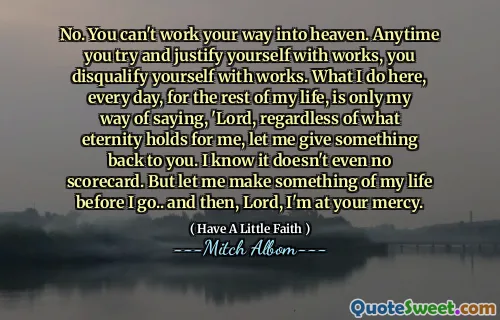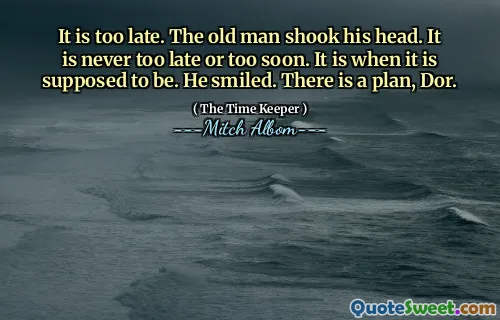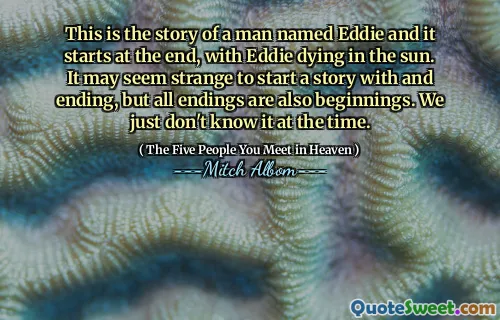
I am God's vessel. But my greatest pain in life is that I will never be able to see myself perform live.
This quote encapsulates a profound sense of self-awareness combined with a lament for the limitations of human perspective. The speaker views themselves as a divine instrument, suggesting a sense of purpose and responsibility that transcends ordinary existence. There is an inherent humility and spiritual acknowledgment in calling oneself a vessel of God, which implies a belief in a higher power guiding their actions and life mission. However, beneath this reverence lies a deep personal anguish—the inability to witness one's own expression, talent, or impact firsthand. It highlights the paradox of self-perception and external validation; only through external perspectives can one truly see their own performance, yet the built-in nature of human experience prevents us from fully experiencing ourselves through our own eyes. This sentiment resonates with anyone who has poured passion into their craft—be it in art, performance, leadership, or personal growth—and wonder how their efforts are perceived outwardly. The longing to see oneself through others' eyes or to witness the culmination of dedication can evoke feelings of longing and incomplete fulfillment. It also touches on the nature of self-awareness, where internal knowledge might diverge from external reality, leading to a sense of missing out on the full reflection of one’s journey. Ultimately, the quote underscores the human desire for recognition and understanding, and the bittersweet acknowledgment of the limits inherent in our existence. Despite this, it also hints at a resilient acknowledgment of purpose and the divine role one believes they hold, which elevates the act of creation to a sacred level.











